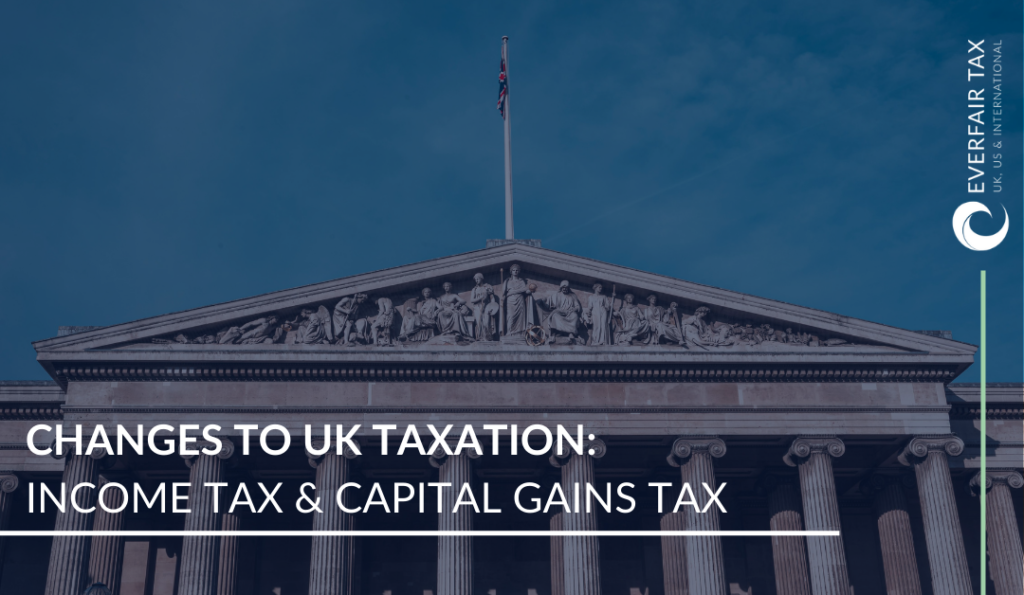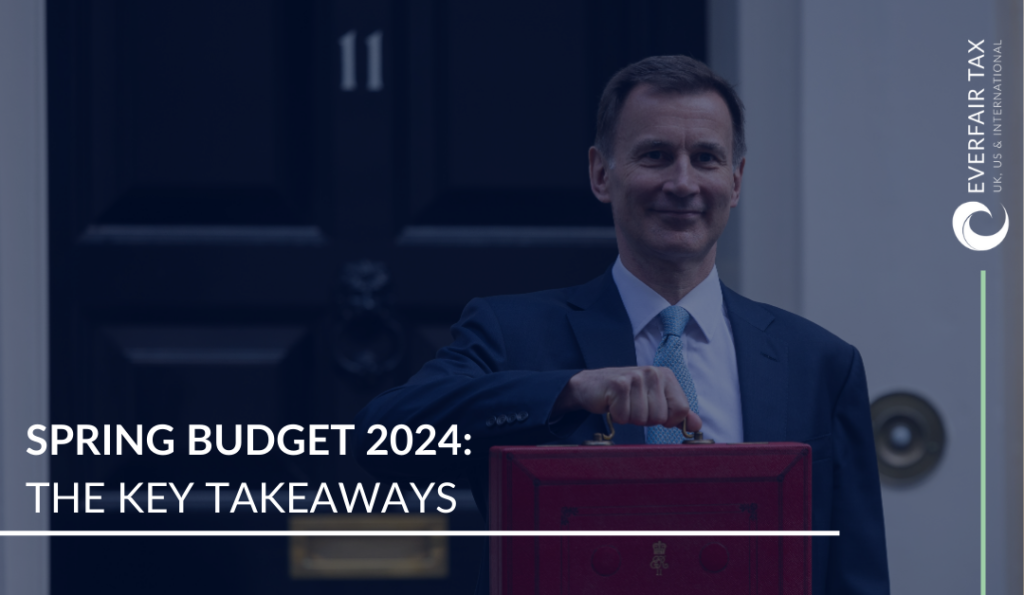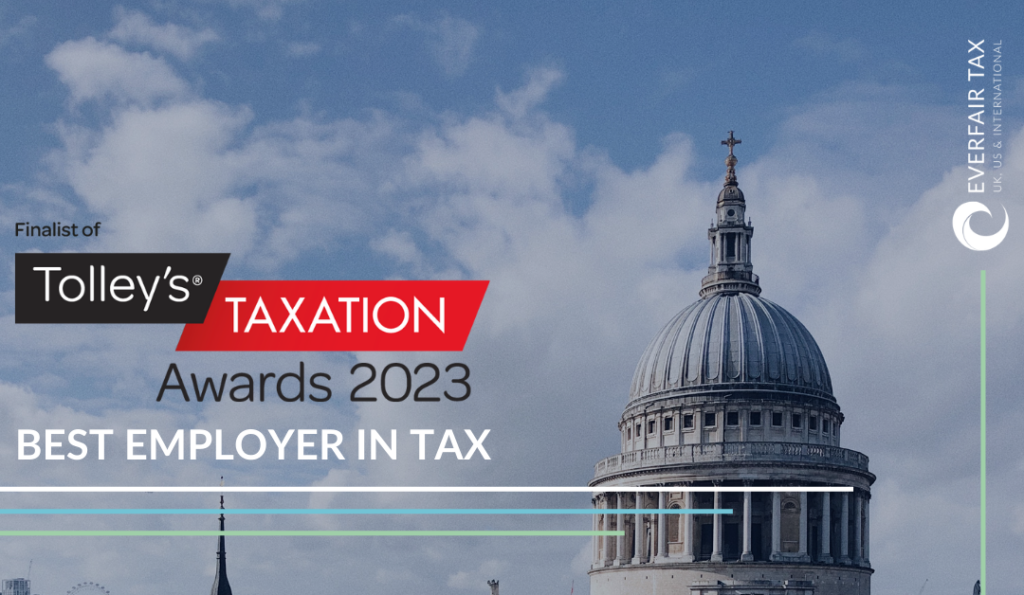
Our last post on the changes for non-UK domiciles focused on income tax and capital gains tax. This post focuses on inheritance tax on non-UK assets but still under the theme of the only clarity being there is no clarity!
There are two strands to the inheritance tax changes – those impacting:
- Individuals; and
- The beneficial inheritance tax treatment of excluded property trusts (broadly trusts set up by non-domiciles under current rules to hold non-UK assets to keep them outside the scope of inheritance tax).
For individuals, the proposals would change the basis of inheritance tax to residence based rather than domicile based. They would also reduce the time before people coming to the UK come within scope of inheritance tax on non-UK assets and increase the time before people leaving fall outside its scope.
Labour have confirmed in their policy paper that they will change the basis of inheritance tax from domicile to residence based and that the commencement date will be 6 April 2025. However, there will not be a formal consultation. Instead there will be external engagement, including a review of feedback following the announcement in the Spring Budget and further external engagement.
It is with regard to inheritance tax and excluded property trusts where there is the biggest divergence between Labour and the Conservatives, particularly for existing trusts. Under current rules the beneficial inheritance tax treatment generally continues regardless of changes in the settlor’s domicile. This makes them a long term inheritance tax mitigation tool especially when someone is about to become deemed domiciled.
It was widely understood that existing trusts would continue this beneficial treatment under the Conservative proposals. Labour have, though, stated that this would not be the case under them and that all trusts would be caught within the new rules regardless of when they were set up. The mantra very much being that those staying in UK long term should not be able to avoid inheritance tax through the use of trusts. What is not clear is how this will be achieved, despite there being a policy paper, so a lot of information we have at the moment remains speculation.
As mentioned in our previous posts, the earliest we are expecting any real detail is the Autmn Budget. Broadly speaking, it is expected that individuals and trusts coming within the scope of inheritance tax on non-UK assets under the new rules will remain within its scope for a minimum of 10 years.
Since there is even less detail than there is for income tax and capital gains tax, we would expect there to be more speculation on what the changes will look like before we get more specific details. Until then, we will follow up with further thoughts as soon as there is news that looks remotely like it will provide a bit more clarity.
Key takeaways:
- From 6 April 2025, individuals coming to the UK are expected to come within the scope of inheritance tax on non-UK assets sooner than currently
- It is expected that it will no longer be possible for long-term UK residents to use trusts to shelter non-UK assets from inheritance tax
- The expectation is that individuals and trusts coming within the scope of inheritance tax on non-UK assets will remain within its scope for a minimum of 10 years









